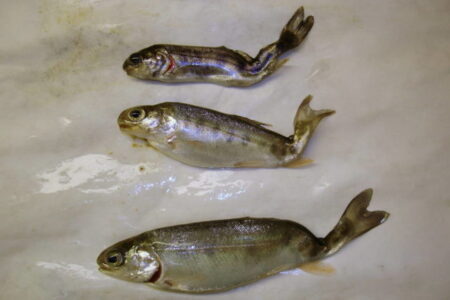Checking the new routine for the fall- part 3
I have not mentioned much about animal proteins, such as red meat (pork and beef) and dairy. These are inflammatory to the body and should be used only in small portions. If you have any inflammation in the body, such as rheumatoid arthritis, joint or muscle pain, bursitis, tendonitis, colitis or any other “itis” (which means inflammation) these should be minimal.
If you have none of these, then the body can handle red meat/dairy about 2-3 times/week. For most, dairy should be used as a condiment—sprinkling feta/parmesan on salads/pasta or a small amount of yogurt with fruit. It should not be used as food—-a hunk of cheese on a cracker for instance. Did you know that cheese is the most common cause of calories- and therefore weight in most diets?
Instead, why not use almond, sunflower seed, pumpkin seed or cashew butter. It is just as fast and filling, but is anti-inflammatory instead of inflammatory and the fat is utilised.
Next week we’ll discuss dinners.
So, what to have for lunch? This is a great spot to fit in a serving of veggies with carrots, celery, peppers, yams, jicama or any other vegetable you like raw. Salads are another great way to include grated zucchini, beets, arugula, beans, pea pods etc. The more colour they have the higher the bioflavinoid content.
These help keep veins and arteries strong to prevent varicosities, hemorrhoids, bruising, as well as strengthen the immune system. Soups can also contain lots of veggies and some protein, such as beans, lentils, chicken, fish, or seafood. Sandwiches/wraps are other spots for veggies and a protein such as tahini (sesame seed butter) or any of the other butters mentioned last week. Burritos are a great lunch, as is fish.
Tuna or salmon provide a protein that decreases inflammation and prevents heart disease. Turkey or chicken is fine, but do not have these advantages. Be careful of processed meats with the nitrates, sulphates, preservatives, and dyes. Leftovers are usually fine provided they have protein, carbohydrate, and vegetables.
Brenda Gill is a naturopath practising in Rossland, BC.
























